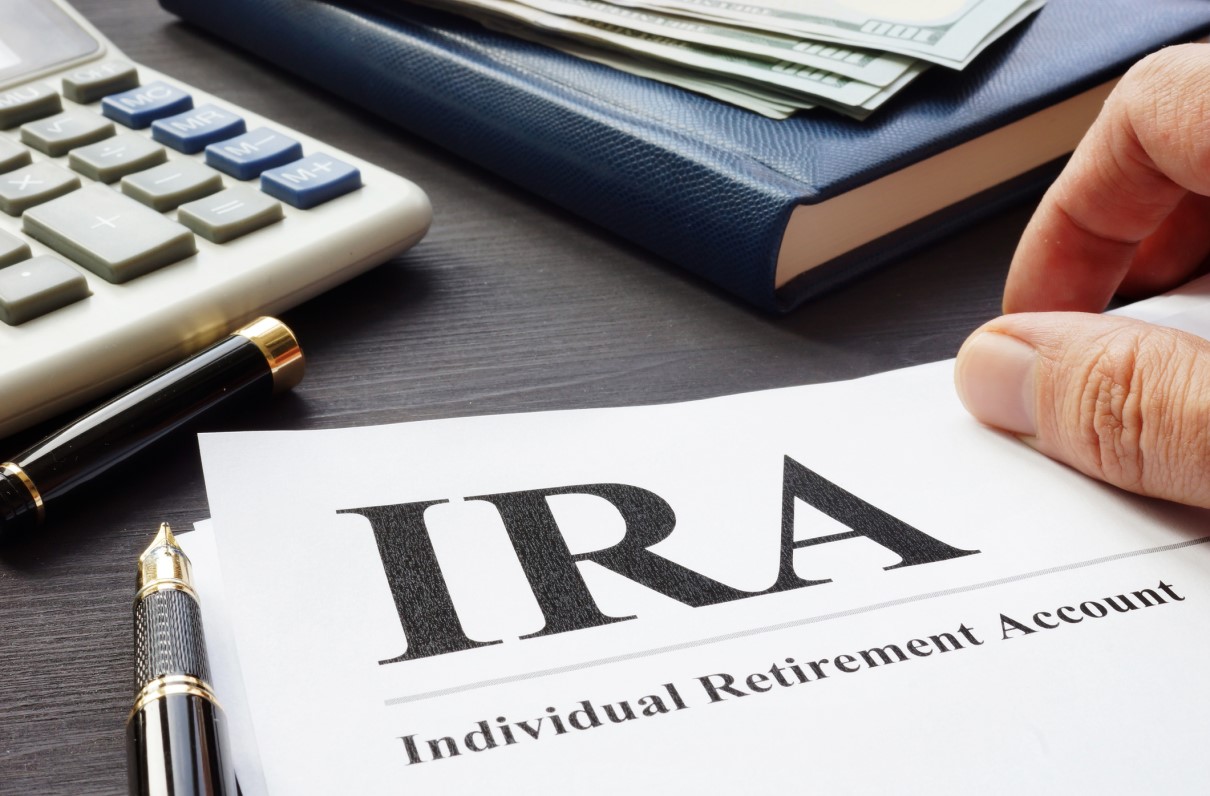Late last year, I outlined what some of the changes to retirement rules contained in the SECURE Act could mean for your financial plans. Here are a few more specifics on what the law means for Required Minimum Distributions (RMDs) from your retirement accounts, which now start at age 72:
- Recap: RMDs don’t apply to Roth Individual Retirement Accounts (IRAs). The new rule on distributions applies only to those who didn’t reach age 70.5 by Dec. 31, 2019 – if you did, you’ll fall under the old distribution rules.
- Research: There are three RMD tables established in the tax code. You can get the most recent rates by downloading IRS Publication 590-B at this link, but NOTE: as of Feb. 3, the materials had not been updated to reflect SECURE Act changes.
- Age Changes: The SECURE Act repealed the age limit for non-rollover IRA contributions, which had been 70.5 years old. The age for Qualified Charitable Distributions (QCDs) – tax-free transfers from retirement accounts to qualifying charities – remains at 70.5 years old. That means you can make a QCD without taking RMD, and you can also make a donation while still contributing to your account. However, any IRA contributions would be deducted from QCDs when it comes to measuring taxable income.
[RELATED: Ways to Donate to the MOAA Foundation and the MOAA Scholarship Fund]
- More on charity: The maximum annual QCD exclusion remains $100,000. A reminder: MOAA has no tax specialists, so consult your tax specialist for details on charitable deductions and other SECURE Act concerns.
Get more MOAA financial resources, including links to tax calculators, MOAA publications, and other materials, here.



